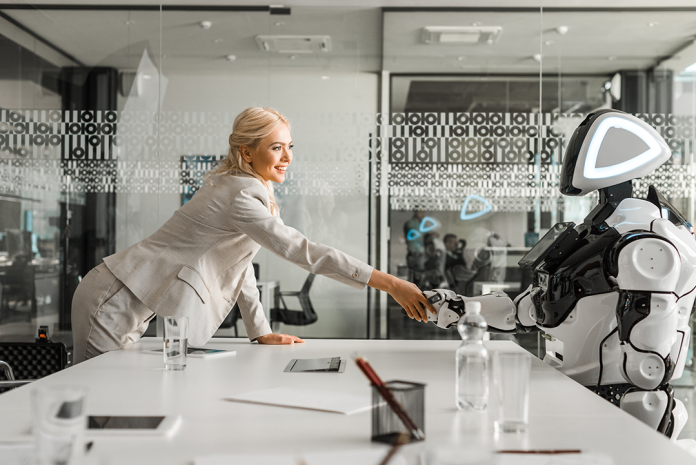Much has been written about the need to future-proof our economy. Part of this is helping our workforce to develop those skills that are needed by organisations, not only now, but in 5 years’ time and beyond. However, this doesn’t address the elephant in the room – do organisations actually know what they want in 5 years’ time?
In a 2020 report on the state of strategic planning in the UK, the Chartered Institute of Management Accountants (CIMA) found that “just 29% of organisations had any formal strategic planning process that covered five or more years.” This raises the question: if organisations don’t know where they are going, how do they know what skills they might need and how will education establishments know whether their curriculums are delivering what the future economy needs?
There are many simplistic answers which refer to the need for Digital Skills, but this is far from the definitive answer. We are, undoubtedly, into the fourth industrial revolution with increasing automation, connectivity and interoperability of digital systems. Whilst this will displace some of our workforce (as happened in previous industrial revolutions), it creates fantastic opportunities for innovation and collaboration. We should not see automation as competing or taking over the skills people provide – what can be automated, should be automated. The question is, what skills are machines unable to replace, in other words, what skills are uniquely human? The future, therefore, is about growing our skills in areas that are intrinsically human. For example:
- Creativity: We have the ability to come up with new and original ideas
- Emotional Intelligence and Empathy: We are capable of understanding and managing our emotions, as well as the emotions of other. At Caja, our clients understand this and enjoy the benefits of our embedded Behavioural Science approach into all of our change methodology.
- Critical Thinking: We can analyse complex information, identify patterns and connections, and make decisions based on that analysis…which is critical for problem solving and decision making
- Adaptability: We can adapt to new situations, learn new skills and adjust our approach based on feedback
- Communication: We can communicate complex ideas and information that can easily be understood by others. This is essential for teamwork and collaboration, as well as building effective relationships with customers, clients and colleagues
- Leadership: We can inspire and motivate others, set goals and objectives, managing teams to achieve these goals
Whilst some of these skills can be developed in machines through artificial intelligence and automation, humans remain uniquely capable of applying these skills in a wide range of contexts and industries, and of combining them in new creative and innovative ways. We should not be looking to compete with machines but grow in areas they can’t do.
So, whilst acknowledging the above is not an exhaustive list, are our schools, colleges and universities preparing the next generation to respond to this change in emphasis? With our inquisitive mindset at Caja, we are setting out to find out whether this is the case with the launch of our Critical Future Organisational Skills Survey. This takes 5 minutes to compete, and, in return, we will send you a copy of our findings.




